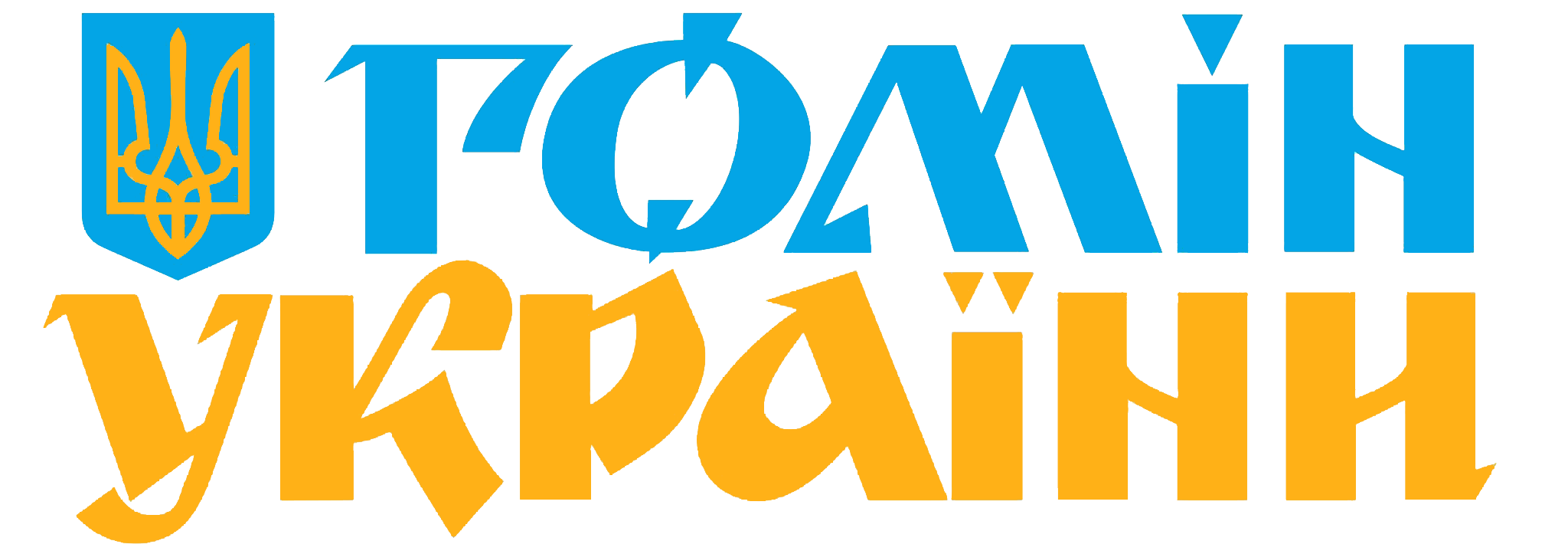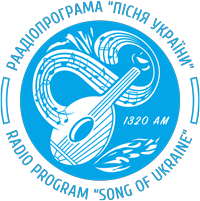The Federal relations expert Harun (Vadim) Sidorov believes that the BRICS summit held in Kazan is directly related to the decolonization agenda and is “an illustration of the different attitudes of the Kremlin and its opponents towards it.” According to the Idel.Realii columnist, “The Kremlin, which is already facing official accusations of colonialism from the West, is actively trying to shift the blame to the West’s relations with the so-called “global South.”
The Russian Foreign Ministry tried to present the adoption of the resolution “Eradication of colonialism in all its forms and manifestations” by the Fourth Committee of the UN General Assembly on 17 October as its victory. The First Deputy Permanent Representative of Russia to the UN, Dmitry Polyansky, was especially zealous in creating this impression.
In his Telegram channel, he began by saying that the adoption of this resolution was a joint initiative of “closest like-minded people,” including Russia, but after a couple of paragraphs he decided to give all the credit to Moscow, stating that it was initiated by Russia and only supported by its “like-minded people.” Polyansky also stated that “the UN will once again launch a critical discussion about the crimes and consequences of the centuries-old era of colonial oppression, as well as about modern neocolonial practices from which independent states continue to suffer.”
In this regard, it will be necessary to say a few words about the international legal context of this action. Its starting point is the UN General Assembly Declaration on the Granting of Independence to Colonial Countries and Nations, adopted on 14 December 1960. However, since then, within the framework of the UN Special Committee on Decolonization (yes, there is such a thing), the question of its implementation has been regularly raised. This happened this time, not on the initiative of Russia alone, but of several countries, as can be seen from the text of the draft resolution (more about these countries themselves a little later).
True, if we turn to the basic text of the 1960 Declaration, we can see that it is not about “modern neocolonial practices from which independent states continue to suffer,” as Polyansky and other Russian propagandists tried to present. It is precisely about classical colonialism, which consists of “subordinating nations to foreign yoke and domination,” in denying them the realization of the “right to self-determination,” including under the pretext of their “insufficient political, economic and social preparedness or insufficient preparedness in the field of education,” which is characterized as unacceptable. And in other aspects of the policy of colonialism listed there, to which we will return later.
The topic of colonialism was also raised at the BRICS summit in Kazan. In particular, the BRICS foreign ministers in their joint statement indicated that “the desire to gain access to minerals, the deposits of which are located mainly in developing countries, should not repeat the past injustice and inhumane history of colonialism.” In essence, this rhetoric coincides with the previously discussed rhetoric of Polyansky and other Russian propagandists. In such cases, they focus on opposing “neocolonialism,” which does not mean depriving nations without their statehood of the right to self-determination, but imposing economic and political conditions on existing states, unfavourable to them.
Meanwhile, the BRICS summit held in Kazan gave reason to talk about colonialism in its most classic form. In the capital of Tatarstan, the “dear guests” from BRICS were not greeted by signs in the Tatar language along with Russian, English or Chinese, as one might expect in a republic created by the self-determination of the Tatar people and having the nominal status of a state even according to the Constitution of Russia.
In general, Tatarstan met Moscow’s allies on the “anti-colonialist front” deprived of the fruits of self-determination, even in the compromise form that it achieved at the end of the last century. With the rise to power in Russia of the “anti-colonialist for export” Putin, Tatarstan was consistently deprived of the alphabet it had chosen for its national language, the compulsory teaching of the Tatar language as one of the subjects within the framework of Russian-language education in the republic’s schools, a bilateral agreement with Moscow, national public organizations ( banned ) and activists (forced to leave the country), control over its raw materials sector (the latter, by the way, perfectly corresponds to the Kremlin’s “anti-colonialist” discourse).
This – effectively colonial – status of Tatarstan was colourfully illustrated by its leader with his behaviour towards guests from BRICS, whose grovelling and second-class status were noted by both Tatar and other opposition national figures.
However, this can hardly confuse those whom Russian diplomats call “the closest associates” in the fight against “neo-colonialism”. Thus, among the authors of the ritual resolution, the adoption of which Russian diplomats were so delighted by, one can find such countries as the People’s Republic of China, the Islamic Republic of Iran and the Syrian Arab Republic. How the right of nations to self-determination, which is the basis of the Declaration of the General Assembly of 1960, is “recognized” by the first of them, can be told by numerous representatives of the Uyghur people – the indigenous population of the Xinjiang Uyghur Autonomous Region. But significant problems not only with self-determination, but also with discrimination, denounced in the UN Declaration of 1960, also exist among the Azerbaijanis or the Baloch of Iran, and the Kurds in Assad’s Syria. However, the latter decided to use the Syrian revolution to solve them and effectively withdrew from the subordination of the official Arab nationalist regime of Damascus.
Therefore, if we compare the approaches to the colonialism of the EU on the one hand and the Kremlin – with its “closest associates” – on the other, we can easily notice that, unlike the former, the latter does not focus at all on the rights of the nations subordinate to their governments. In almost all EU countries with an autochthonous multi-ethnic population, representatives of non-dominant nations enjoy official broad autonomy (Catalans, Basques, Walloons, Flemings) and/or can freely create ethnic and regionalist parties advocating for such, or even for complete national independence. For “anti-colonialists” – such as Russia, China, Iran, and Syria – the first either does not exist, or it is a fiction (like the Uyghurs and Tibetans), and the second is excluded by definition due to the dictatorial nature of their regimes.
In BRICS, although it is a politically heterogeneous structure, the ideological tone today is set by states that do not recognize the subjectivity of the nations subordinate to them. Therefore, the symbolic link to its events of nations subordinate to Russian power, an example of which could be observed in Kazan, is an integral part of the Kremlin’s colonial policy towards them. Therefore, the prospects for their decolonization can only be linked to fundamentally different platforms.
Harun (Vadim) Sidorov, PhD in Law, a doctoral student in ethnology at Charles University (Czech Republic), and an expert on national movements of the nations of Russia in general and the Volga-Ural region in particular.
Source: abn.org.ua







